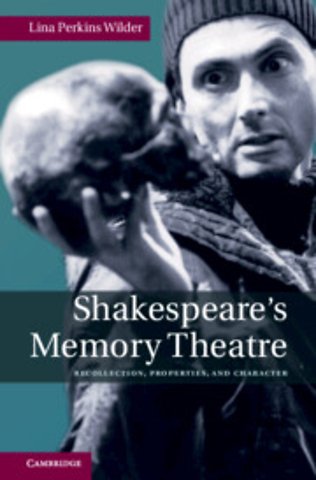Shakespeare's Memory Theatre
Recollection, Properties, and Character
Samenvatting
Ranging from Yorick's skull to Desdemona's handkerchief, Shakespeare's mnemonic objects help audiences to recall, or imagine, staged and unstaged pasts. This study reinterprets the 'places' and 'objects' of the memory arts as a conceptual model for theatrical performance. While the memory arts demand a 'masculine' mental and physical discipline, recollection in Shakespeare's plays exploits the distrusted physicality of women and clowns. In Shakespeare's 'memory theatre', some mnemonic objects, such as Prospero's books, are notable by their absence; others, such as the portraits of Claudius and Old Hamlet, embody absence. Absence creates an atmosphere of unfulfilled desire. Engaging this desire, the plays create a theatrical community that remembers past performances. Combining materialist, historicist, and cognitive approaches, Wilder establishes the importance of recollection for understanding the structure of Shakespeare's plays and the social work done by performance in early modern London.

